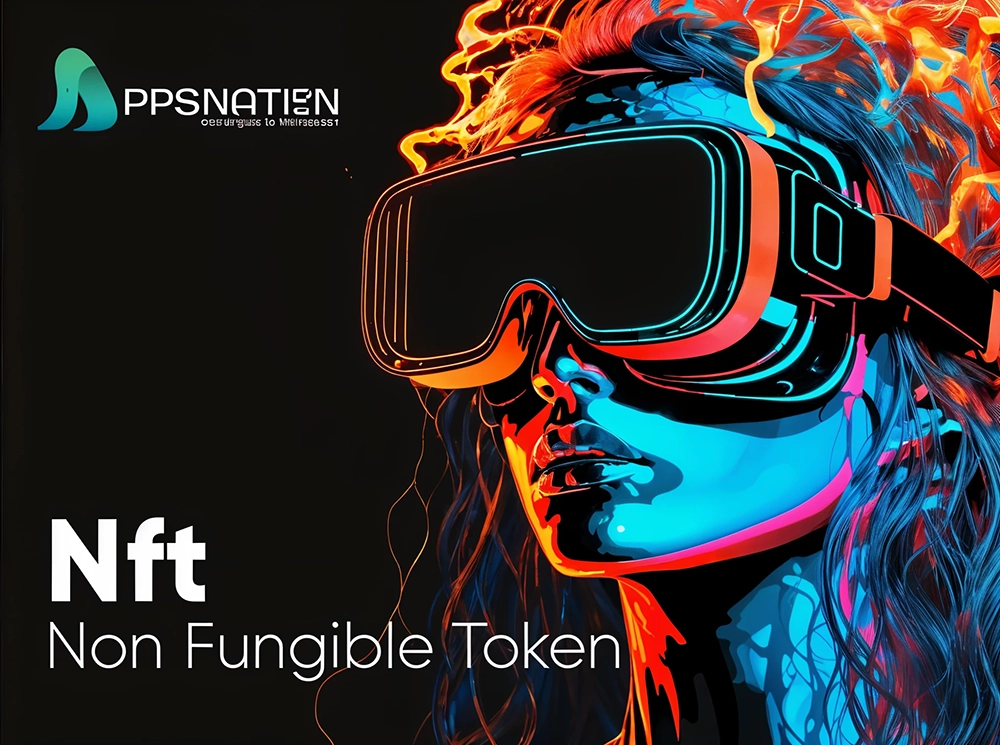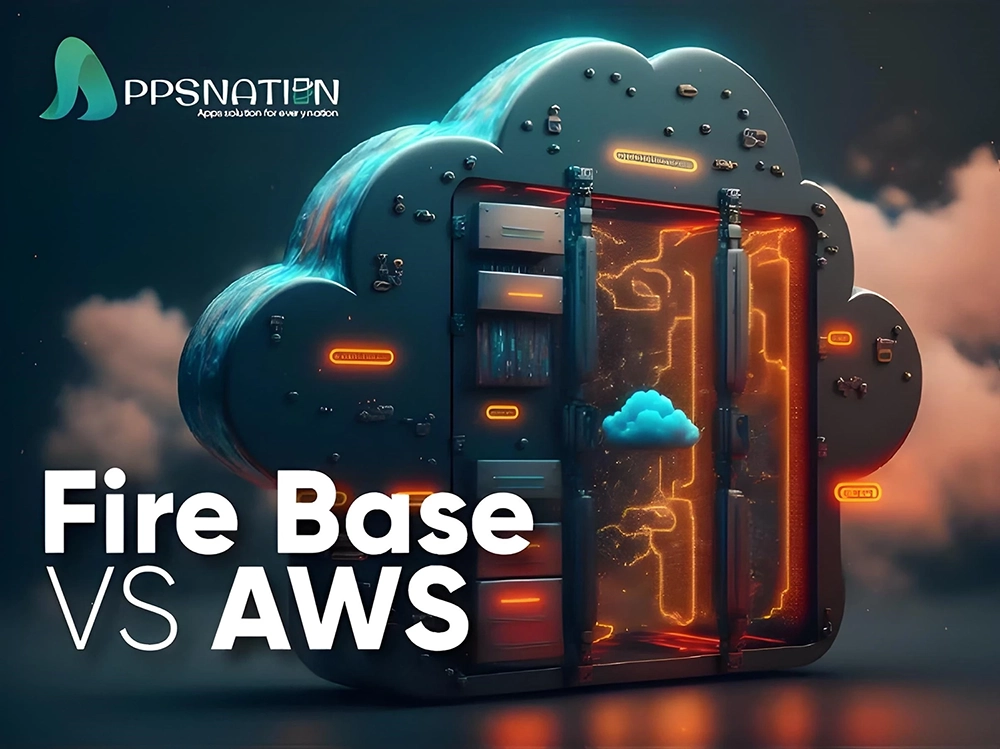There’s no denying that the Metaverse is perplexing.
Many businesses are tossing the phrase around, attempting to figure out how it fits into their business model or using it to represent what they’re doing.
However, one thing is clear. The Metaverse will transform e-commerce, and it has already begun to do so.
What exactly is the Metaverse?
The word “metaverse” was initially used in the novel “Snow Crash” in 1992, but it only recently gained public appeal when Facebook changed its name to “Meta.”
As a result, there were over 2.62 million Google searches for the phrase “metaverse” in October 2021, as the Internet sought to find out what it was and meant.
However, Facebook was not the first to coin the phrase. It was already being used to characterize a more interactive evolution of the Internet among the crypto and NFT populations on social media.
This idealized version makes use of virtual reality (VR) to create environments as small as a single room up to entire algorithmically generated universes; augmented reality (AR) to overlay created items or environments into the real world; and cryptocurrency and digital assets (NFTs) that can be bought and sold.
But, above all, it symbolises personal ownership.
This is a basic web3 principle: you own an asset and have complete control over it, and no one can take it away from you without your permission.
The difficulty and the reason for the ambiguity of the word “metaverse” is not a single technology developed by a single corporation. Rather, it is a mixture of all these technologies currently being created that anybody may use to create something greater than the sum of its parts. While the Metaverse is still in its early stages, we can see that several well-known corporations have already taken steps to join it.
Brand identity and NFT
NFTs were one of the most important developing technologies in 2021. These digital assets, which have been around since 2014 in practice if not in name, are one-of-a-kind digital goods kept on a blockchain.
A notable use case of NFT in 2021 was the introduction of the “PFP”, which was the concept of NFTs tied to unique images that users may change their profile photos on social media.
These provided a simple method for individuals and businesses to openly declare their support for the web3 movement and demonstrate that they were willing to back it up by purchasing expensive things.
Some Well-Known NFT Projects
Adidas was an early adopter, acquiring “Indigo Hertz,” a “Bored Ape Yacht Club” NFT, branding him with an Adidas tracksuit and modifying his social media profile images to represent him.
While it appears they paid 46 ETH (about $156,000 at the time) for the NFT, the cheapest Bored Ape is currently 110 ETH (approximately $352,000 at the time of writing), so it’s already been a solid investment!
More importantly, “Indigo” has allowed Adidas to be a forerunner in the field and send a strong message that the Metaverse is an important part of their long-term commercial plan. While the most well-known NFT project is Bored Apes, celebrities, influencers, and businesses buy them from various initiatives.
The Metaverse, however, is more than simply NFT profile images. Like many other companies, Adidas bought the digital property in The Sandbox and developed their own NFT series, which allows holders to purchase limited-edition items. Head5, for example, creates digital objects that may be owned and worn in the Metaverse. Users may use this feature to customize their characters, purchase stuff, and resell it to other users for a profit.
Physical goods are still important in the Metaverse, despite the popularity of digital assets.
This connecting digital assets to their physical equivalents, or even limiting physical item purchases to holders of certain digital assets, is becoming increasingly widespread and is a crucial component of eCommerce’s evolution.
Playboy has recently made multiple forays into the NFT and metaverse areas, the most notable being the “Playboy Rabbitar” NFT series.
This NFT contains a variety of functionalities that are still expanding. While it’s typical to give holders of Playboy Rabbitars access to a “holders only” Discord channel, they also get free membership to Playboy’s digital services and websites. They also just launched a limited-edition apparel store, where holders had one week to log in and buy personalized jackets, t-shirts, and other goods exclusive to non-holders.
The NFT series “Deadfellaz” takes it further by incorporating Metaverse Fashion Week. Deadfellaz was a four-day event that included fashion presentations, parties, and discussions staged in the virtual world of Decentraland. Users may buy limited-edition fashion items developed by metaverse initiatives during this event, which extensively incorporates eCommerce.
In the instance of Deadfellaz, they teamed up with Neuno to sell a limited-edition line of branded clothes that you can purchase in virtual reality stores and pay for using bitcoin but will be delivered to your real-world location.
They also provide purchasers with NFT goods that symbolize the clothing that their avatars can wear in virtual reality.
Conclusion
The Metaverse is a combination of the virtual and real world. It allows eCommerce firms to create 3D digital environments where customers can immerse themselves in experiences influenced by the best aspects of both in-store and online buying.
More businesses will experiment with leveraging metaverse technology to personalize consumer experiences at scale in the future. Expanded social commerce – Purchasing things directly through social media platforms is becoming more popular, and the market is expected to reach $1.2 trillion by 2025.





